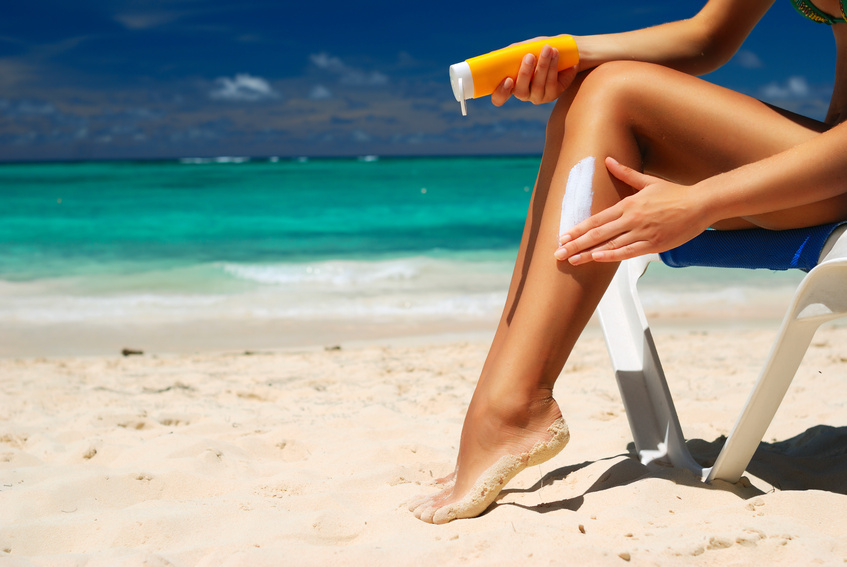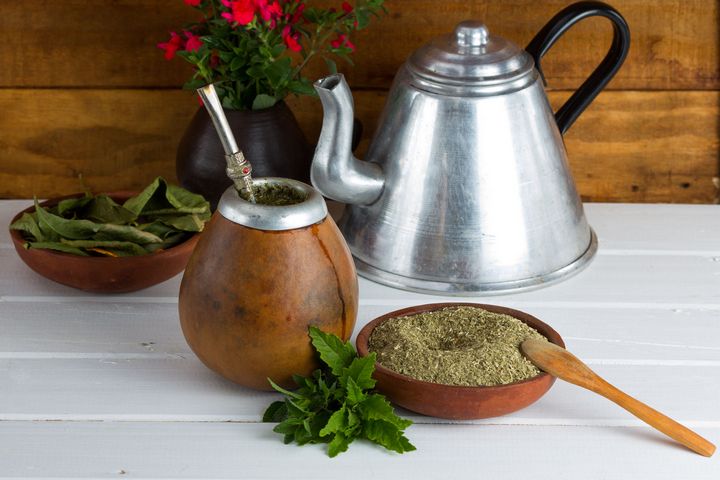A Daily Dose of SPF: Benefits of Sunscreen
Ah, the smell of sunscreen, a telling whiff of summer! And with summer, there is sunshine. Perhaps out of pure convention more than anything, SPF is a go-to for many, what with a summer of sunshine awaiting us!
Summer of Sunscreen
Some of us are trying to fight off that painful burn; some of us are thinking of our general skin health; some of us are just cautious tanners. Some of us might not wear sunscreen at all, summer or not! Personally, I choose to wear sunscreen year-round. Why? Well, not only does UV damage occur even with no sun in sight, but it accumulates over a lifetime! After seeing shocking images of UV photography revealing sun damage, I quickly committed myself to continuing my sun-protection routine regardless of season.
Sunscreen is meant to protect us from the sun’s ultraviolet (UV) radiation, particularly UVA and UVB rays. Both are responsible for aging, skin damage, and skin cancer, though UVA rays are associated with more long-term skin damage. UVA rays are longer (in the 320 to 470 nm range). The key factor of sunscreen is its sun protection factor (SPF), a measure of its strength (i.e., how well it protects our skin from UV rays!).
Now, we all know that a cloudy sky doesn’t mean the sun isn’t creeping behind a corner somewhere (even if it may literally be nowhere in sight). The sun is around 365 days of the year, so why not protect our skin?
A recent study from Australia (published in Annals of Internal Medicine) found that a group of adults (aged 25 to 55) that were instructed to use sunscreen (SPF 15) every morning for four-and-a-half years were 24% less likely to have signs of aging in the skin (e.g., wrinkles) than a second group that was given more flexibility with its sun-care routine (i.e., they were instructed to apply as often or as infrequently as desired).
These benefits mentioned above are in addition to UV-ray protection. Moreover, routine sunscreen application can reduce the risk of skin cancer (one of the most common cancers in the world)!
The Sunshine Vitamin?
When in contact with our skin’s 7-dehydrocholesterol, the sun’s UV rays make possible the production of Vitamin D (aka “the sunshine vitamin”), which is important for the maintenance of healthy bones! It’s not impossible to obtain this vitamin from our diet (e.g., the flesh of fatty fish, beef liver, cheese, and egg yolks, as the National Institutes of Health note), but exposure to the sun is a major source of its production. Thus, more time spent in the sunshine means more time spent producing vitamin D. However, at the same time, exposure to UV rays is associated with the majority of non-inheritable skin cancers.
As you can see, sun exposure can be quite the controversial topic! Even though we may naturally associate the end of summer break and the start of the fall semester with the end of SPF season, as classes and other areas of demand begin again, we’ll find ourselves increasingly in contact with the sun.
For active sun protection, here are some of the Skin Cancer Foundation’s recommendations:
- Being careful about tanning, especially tanning lamps
- Daily application of sunscreen with SPF 15 or higher
- Covering up (e.g., hats and long sleeves)
- Being wary of extended sun exposure
With the reduced signs of skin aging sunscreen has been shown capable of—in addition to the reduced risk of skin cancer—a year-round application routine doesn’t seem like such a bad idea.
Alternative Plans
If you can’t be bothered about the sunscreen but would like some skin protection and love chocolate, the results of a study published in the Journal of Cosmetic Dermatology suggest that chocolate rich in flavanols (sorry, not just any conventional chocolate!) has some photoprotective effects.
More powerful sunscreen may be on its way! A sunlight-absorbing compound has been found in microalgae in Norway. Ever heard of a sunscreen pill? British researchers studying the way coral protects itself from UV rays observed a special relationship between coral and the algae that inhabit it: the algae make a compound that is believed to be transferred to the coral, which modifies it to be used like a sunscreen.
Citations
- Bacteria Boost Sunscreen from Discovery News by Discovery Communications, LLC. <http://news.discovery.com/tech/biotechnology/underwater-bacteria-boost-sunscreen-130812.htm>
- Eating chocolate can significantly protect the skin from UV light by S. William, S. Tamburic, and C. Lally from the Journal of Cosmetic Dermatology <http://www.ncbi.nlm.nih.gov/pubmed/19735513>
- Sunscreen from SkinCancer.org by the Skin Cancer Foundation <http://www.skincancer.org/prevention/sun-protection/sunscreen>
- Sunscreen Can Slow Skin Aging, Study Suggests from LiveScience <http://www.livescience.com/37108-sunscreen-slow-skin-aging.html>
- Sunscreen pill cold be available within five years, scientists say from the Guardian by Guardian News and Media Limited <http://www.theguardian.com/environment/2011/aug/31/sunscreen-pill-coral-five-years>
- Year-Round Sun Protection from SkinCancer.org by the Skin Cancer Foundation <http://www.skincancer.org/prevention/sun-protection/prevention-guidelines/year-round-sun-protection>
Article by Judy Kim
Feature Image Source: Performance Chiropractic
























